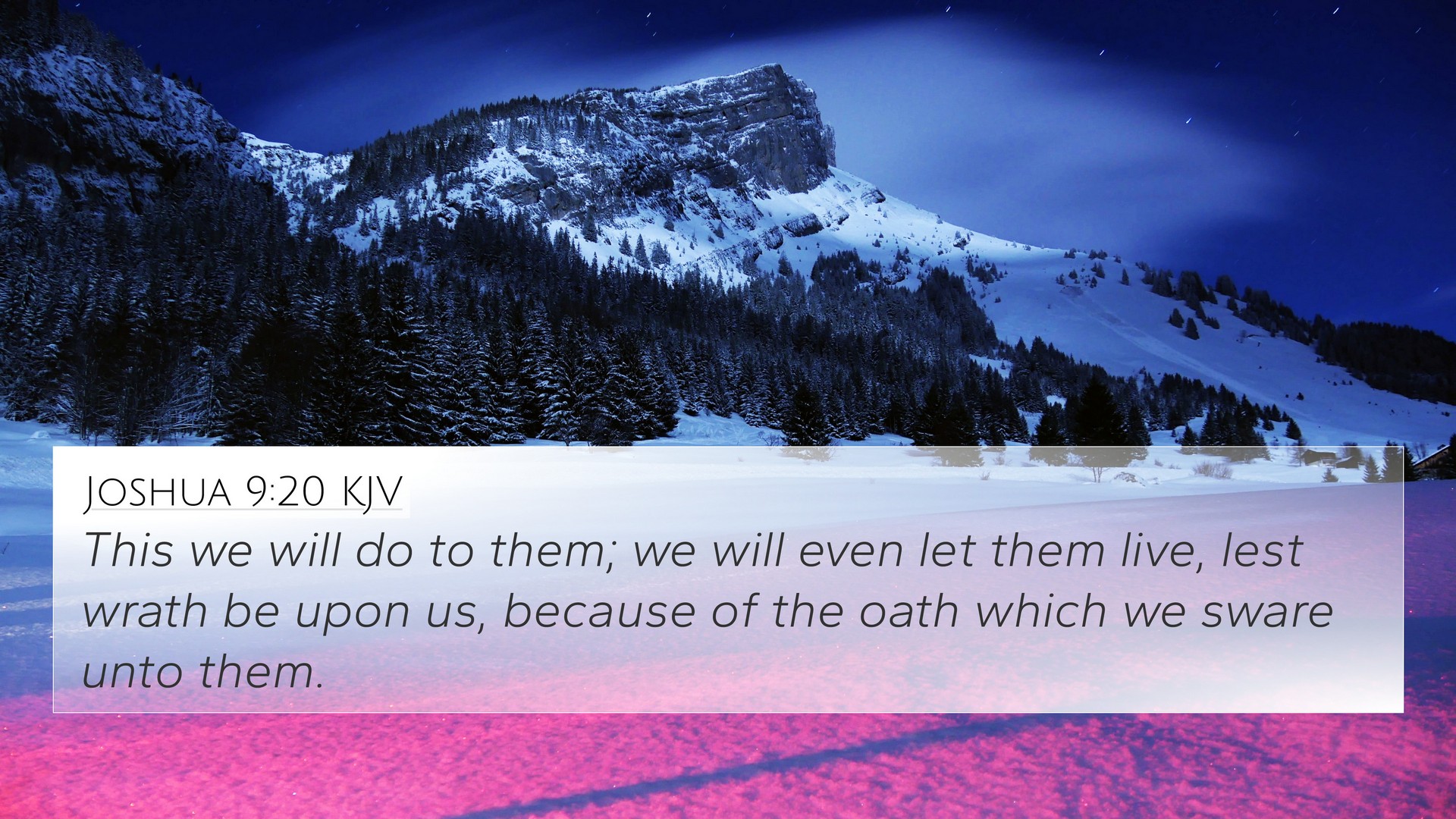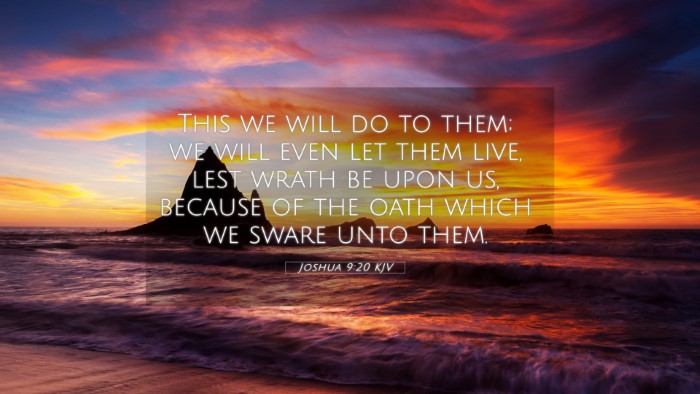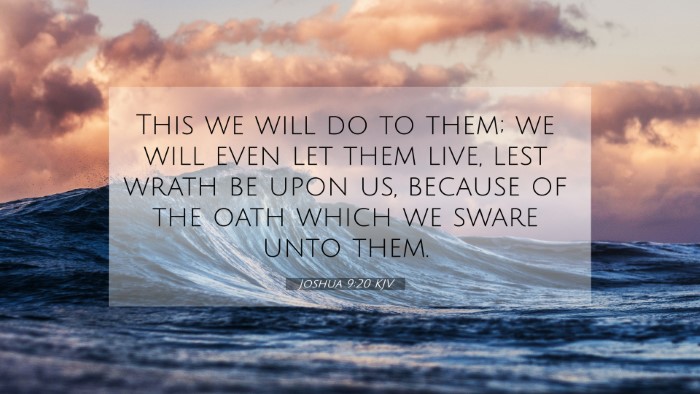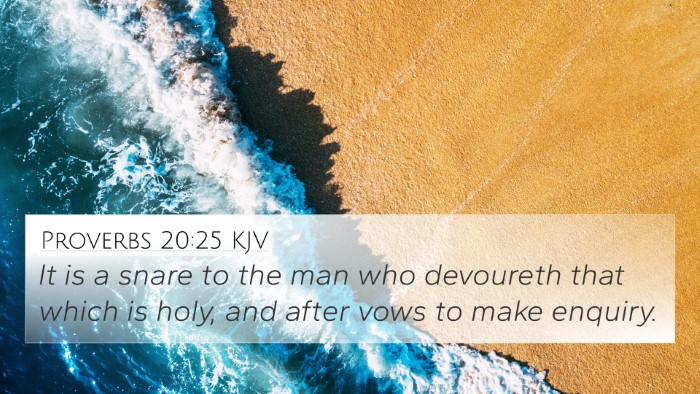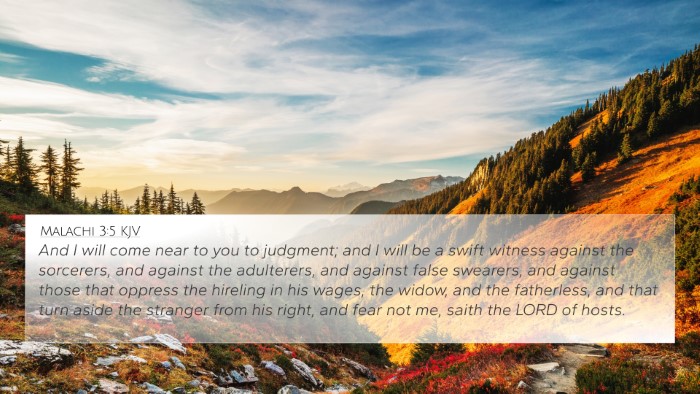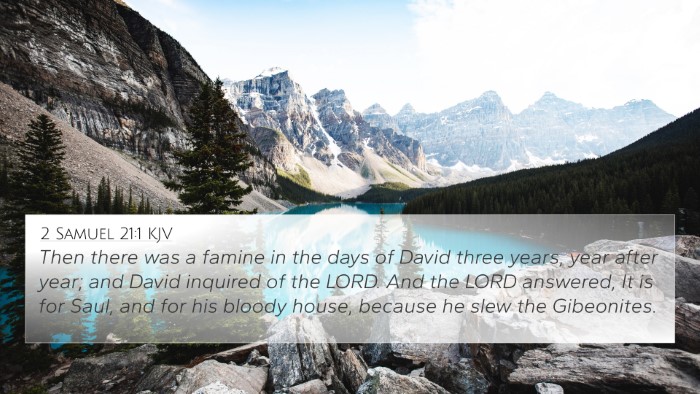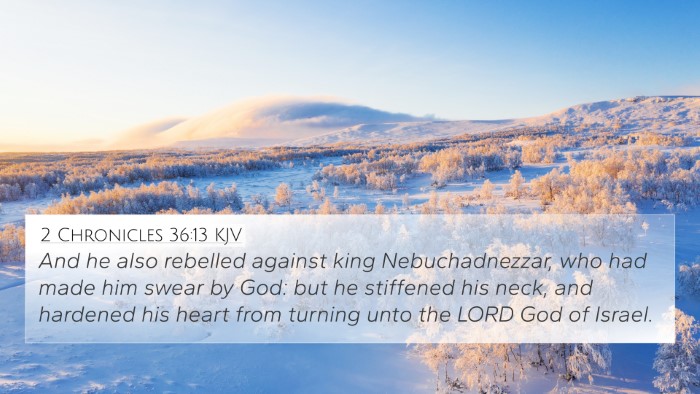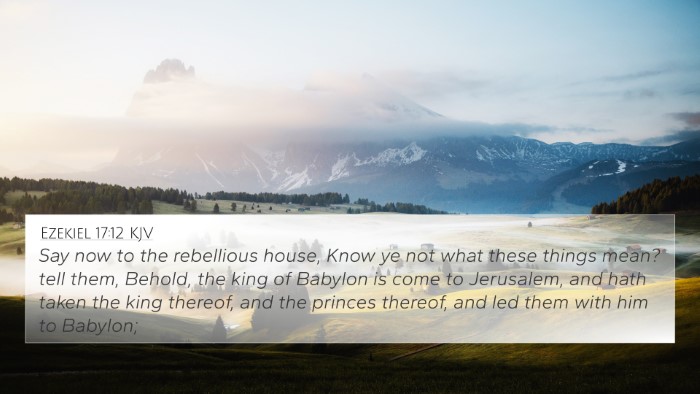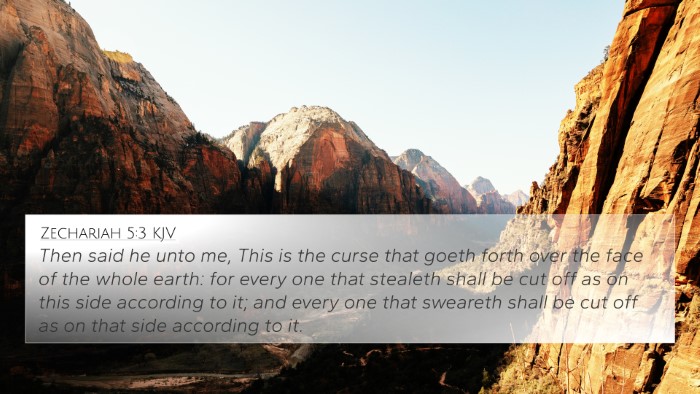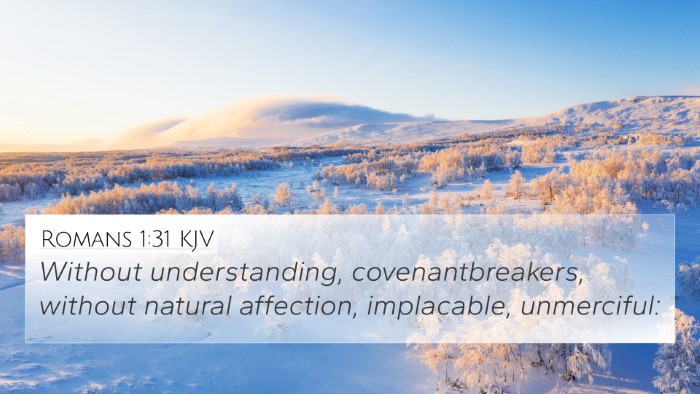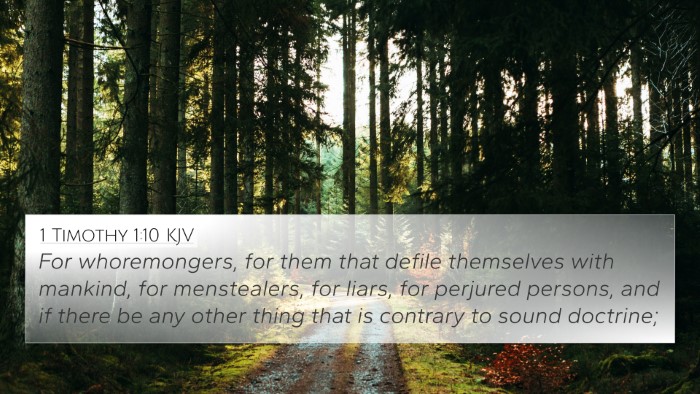Bible Verse Interpretation: Joshua 9:20
Verse: "This we will do to them; we will let them live, lest wrath be upon us, because of the oath which we swore to them." (Joshua 9:20)
Summary of Meaning: In this passage, the Gibeonites, who deceived the Israelites into making a peace treaty with them, are the focus. The Israelite leaders recognize the gravity of their oath and the potential consequences of breaking it. The verse reflects themes of integrity, accountability, and the importance of honoring commitments, even when circumstances change.
Commentary Insights
Matthew Henry Commentary
Henry emphasizes the necessity of integrity in keeping promises. The leaders understood that breaking their oath would provoke the wrath of God. This showcases the importance of fidelity to one's word, reflecting on the moral implications of their actions. Furthermore, it illustrates the belief that divine disfavor may come upon those who do not uphold their commitments.
Albert Barnes' Commentary
Barnes notes that the Israelites were caught in a difficult situation. The Gibeonites had deceived them, yet the leaders felt compelled to honor the treaty. This verse reflects the tension between the severity of abiding by an agreement versus the consequences of deception. Barnes highlights the need for wisdom in leadership and the responsibilities that come with making promises, underscoring the concept that worthiness can be a consequence of previous decisions.
Adam Clarke's Commentary
Clarke focuses on the theological implications of oaths and their binding nature. He notes that the oath was sworn in the name of God, which added weight to its importance. Clarke also discusses how the Israelites' actions demonstrate a commitment to not only justice but also mercy, as they chose to spare the Gibeonites rather than destroying them, reflecting a divine characteristic.
Cross-References
- Exodus 20:7 - "You shall not take the name of the Lord your God in vain..." - Highlights the importance of honoring God's name in commitments.
- Deuteronomy 23:21 - "If you make a vow to the Lord your God, you shall not delay to pay it..." - Illustrates the obligation of fulfilling vows.
- Joshua 2:14 - "And the men said to her, 'Our life for yours...'” - Reflects the protective nature of oaths in relationships.
- Numbers 30:2 - "If a man makes a vow to the Lord..." - Reinforces the serious nature of making vows.
- Romans 12:17 - "Repay no one evil for evil..." - Connects to the idea of mercy in difficult circumstances.
- Matthew 5:37 - "Let your yes be yes, and your no be no..." - Emphasizes the importance of truthful speech and commitment.
- Hebrews 6:16 - "For people swear by something greater than themselves..." - Notion that oaths carry weight and significance.
Thematic Connections
This verse connects to various themes throughout the Bible, including:
- Integrity: Upholding what one has promised, as seen in several passages including Ecclesiastes 5:5.
- Faithfulness: God’s fidelity to His promises, found in passages like 2 Timothy 2:13.
- Consequences of Deception: The repercussions of deceitful actions highlight God’s justice; examples found in Proverbs 12:19.
- Leadership Responsibility: Leading with accountability is essential; reflected in James 3:1.
- Divine Mercy: The act of showing mercy reflects God’s nature, connecting this verse to Psalm 145:9.
Conclusion
Joshua 9:20 serves as a profound reminder of the weight of our words and the importance of fidelity to one’s commitments, teaching valuable lessons in integrity, mercy, and the consequences of our promises. Through websites of cross-references and detailed Bible studies, one can explore these themes further, linking various scriptures and understanding the deeper narratives of the biblical texts.
Tools for Bible Cross-Referencing
For those looking to study and connect Bible verses further, consider using the following tools:
- Bible concordance
- Bible cross-reference guide
- Cross-reference Bible study methods
- Comprehensive Bible cross-reference materials
